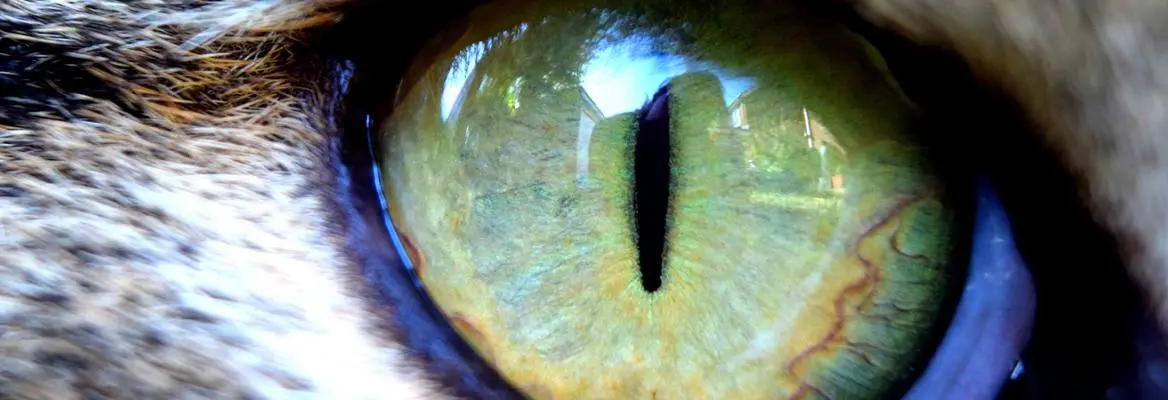There are two types of vegans: those who do not want to interfere in nature and those who want to make nature good. Given that non-interference runs quickly into contradiction we must embrace the moral force of animal pain and act on our instincts argues Christopher Belshaw.
A sunny afternoon in autumn, and you are enjoying a walk in the woods. Just after turning a corner, you notice a stoat close to a rabbit on the track ahead. The rabbit is motionless. Shout or clap your hands and both animals will run away. Do nothing and the rabbit will be killed. Should you intervene?
Vegans are principally concerned with human rather animal diets. Rabbit and other meats is off the menu, along with fish, birds, eggs, milk and milk products. In having an explicit concern with hurting as well as killing animals means that their position is clearer and more consistent than that of vegetarians. But is it clear and consistent through and through?
All vegans agree that we should not use or exploit animals, but they disagree about how to understand this principle
Beyond this common ground, vegans divide into what I will call the isolationist and interventionist camps; the former are against meat because humans should not interfere with the natural world, the latter focus on minimizing animal suffering. These differences emerge in vegans’ attitudes to their pets. Assuming that having a pet or companion animal is allowed (a question in itself), the interventionist will try to turn their dog into a vegan. They will feel deeply conflicted about keeping a cat because a vegan diet is not possible. The isolationist, in contrast, will allow their animals a choice about what to kill and what to eat. The isolationist would let the stoat have its lunch. The interventionist will step in to save the rabbit.
There are further differences. All vegans agree that we should not use or exploit animals, but they disagree about how to understand this principle. They are opposed to using animals in medical experiments to improve human health. But what about animal health? On the isolationist view it is not our business to interfere with the natural world. But, if we do, we are responsible for the consequences and for their mitigation. If a disease is causing the decline of an animal population we have to establish whether it has a human cause before deciding whether to get involved. If the cause is nothing to do with us, we ought to let the animals die. The same question applies to climate change: if it is happening, is it caused by humans? For the interventionist this is irrelevant – if climate change has bad effects and we can fix it then we should do so.
We are all familiar with the thinking behind the isolationist stance: What is natural is good, ‘nature knows best’, we should live in harmony with nature, show it respect and ensure we don’t upset its delicate balance. We can find the echo, if not the origins, of such thinking in religious texts and teachings. God made the world and, in Christian theology, it was initially a vegan world. He saw that it was good but did not see how quickly human beings would mess it up. This religious view bifurcates at the next stage. In one view, nature is there to serve humans. In the other, humans are the custodians of nature, tasked with its care. Factory farmers will like the first view; vegans (and many others) will insist on the second.



















Join the conversation